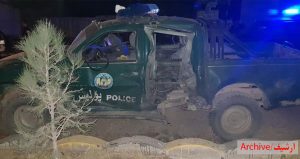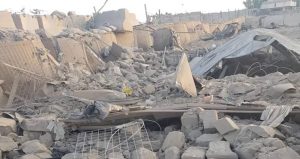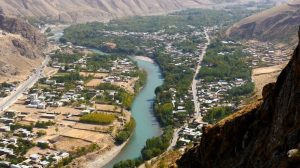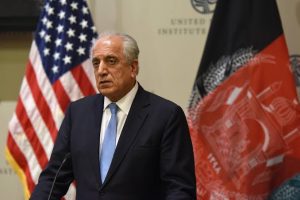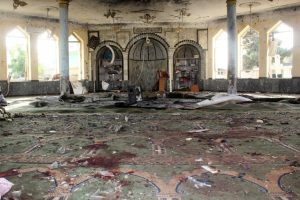Analysis: The New Leader Of Taliban And An Uncertain Future

 MEP: Now that the death of Mullah Akhtar Mansoor, the former Taliban leader has been confirmed by all parties, while the group had not officially confirmed the news until yesterday.
MEP: Now that the death of Mullah Akhtar Mansoor, the former Taliban leader has been confirmed by all parties, while the group had not officially confirmed the news until yesterday.
Mansoor was killed in a US military air operation in Baluchistan province of Pakistan on Friday night (May 20/ 2016), a place that previously did not witness any attack by US aircraft.
Islamabad has adopted different positions against the attack and on the other hand, the US aircraft in ‘Dalbandin’ area of Quetta city in Baluchistan province of Pakistan has been considered as violation of sovereignty.
Following a statement the Pakistani government said that the profile passport of “Mohammad Wali,” the person who was killed in the attack correspond with Mansoor while it did not confirm Mansoor’s death.
There is speculation that after Sartaj Aziz, Pakistan’s foreign policy and national security advisor promised to United States to bring the Taliban to the negotiation table and the group refused this request, they worked with the US to remove the Taliban leader.
However, believing that Islamabad to eliminate Mansour, is working with the United States, but part of speculation also suggests that Islamabad was involved in the killing of Mansoor.
The issue is also available on a number of Pakistani media and this shows that Mansoor has been targeted.
MEP: The Taliban group on Wednesday released a statement confirming the death of Mullah Akhtar Mansoor and declared a new leader Haibatullah Akhunzada after Mansoor was killed a week ago.
Akhundzada about three years ago assumed responsibility for the group as Mansoor’s deputy after Mullah Mohammad Omar, the former Taliban leader died and Mansoor in secret and without revealing the death of Mullah Omar led the group.
It is anticipated that Akhundzade would face a very difficult method and one of the most important challenges of his is the decision to whether continue the war or dialogue with the government of Afghanistan.
Another important challenge of the new leader of the Taliban is to avoid new splits and loss of forces of the group to the other terrorist groups; the issue that was obvious after the death of Mullah Omar and the time of Mansoor’s leadership.
At the time of Akhtar Mansoor, the Taliban group either jointed the Islamic State or Daesh, or whether each of them had its own claim to leadership and recruit forces in a number of provinces.
A letter was sent to Abu-baker Al-baghdadi, the leader of Daesh terrorists from the address of Mullah Mansoor and warned him to make it clear if the people who operate under the flag of Daesh in Afghanistan are associated with the group or not? And threatened Al-baghdadi to pull his feet out of Afghanistan otherwise will face the Taliban reaction.
No response was sent back to Mullah Mansoor and in some cases, Taliban group and Daesh terrorists conflicted in parts of the country.
Now addressing this letter and its possible answer remains the heavy responsibility on the shoulders of a Haibatollah Akhundzada.
Peace
MEP: On the other hand the Afghan peace process is more serious than before, and the new leader of the Taliban is required to answer to this question.
The leaders of the national unity government (NUG) before and at the start of the solar year had announced that any armed groups do not come at the negotiation talks, will face serious reaction with security forces in the battlefield.
The security forces launched an operation under the name of ‘Shafaq’ was followed by and a lot of achievements while the Taliban group had failed in their operations under the name of ‘Omari’.
Now we must see that the new leader of the Taliban group what would answer to Afghan peace process.


